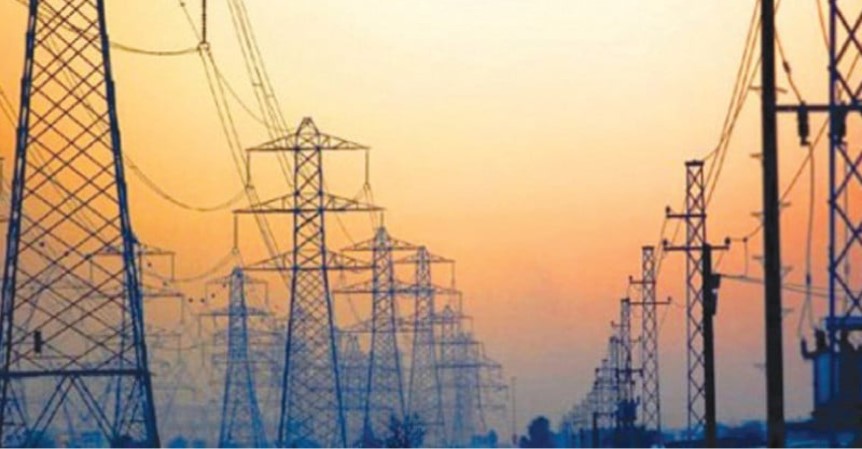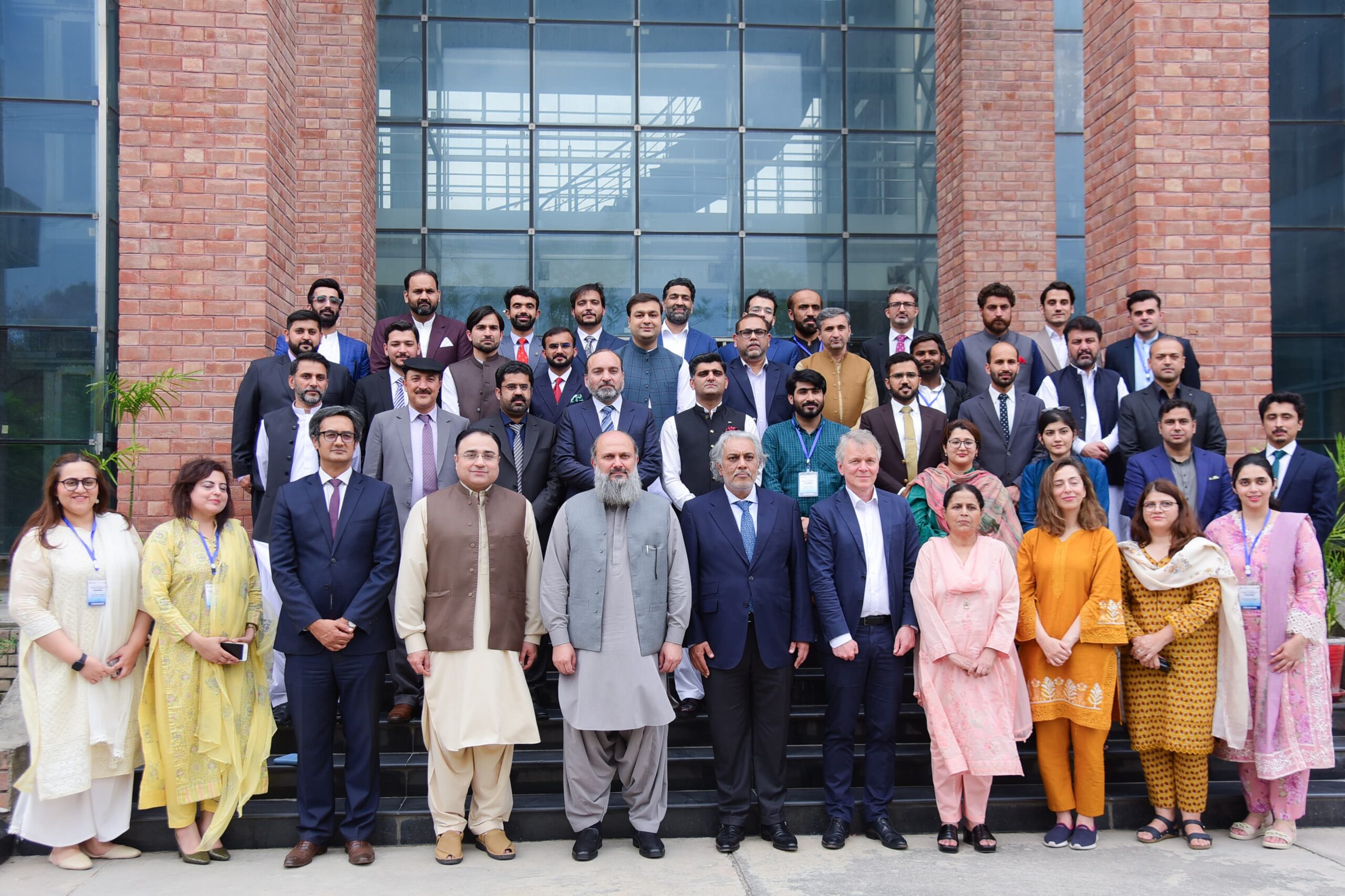Islamabad, January 22, 2024: Further to the government and SIFC’s announcement to remove the cross subsidy from power tariffs for industrial consumers, thereby bringing them down to 9 cents/kWh, at par with regional competitors, the All Pakistan Textile Mills Association is making an appeal for the urgent implementation of this measure.
This is an essential structural reform that is crucial for Pakistan to regain competitiveness in international markets by making fundamental corrections to the cost structures of energy intensive sectors. Power tariffs of 9 cents/kWh will not only reverse the declining power consumption of industrial consumers but also increase power consumption such that any power sector revenue losses from a price reduction will be more than offset by a positive volumetric effect. Moreover, it will help control the build-up of circular debt that continues to grow despite a significant increase in energy prices over the past year.
It must be noted that the implications of the current tariff regime extend beyond any specific industry or sector, affecting employment, industrial growth, and overall economic stability of the country. Inflated energy costs have forced thousands of firms to scale back production, leading to job losses and reduced economic activity.
Pakistan is rapidly deindustrializing, as evidenced by the decline in power generation and consumption over the last few months, especially that of large industrial consumers. The country is stuck in a vicious cycle of increasing power tariffs causing consumption to decline, which again causes power tariffs to increase, and so on. This is a situation that Pakistan, with its large and young population and vast economic challenges, cannot afford.
Over the next 5 years, Pakistan’s gross external financing requirements are projected at over $25 billion annually. In simple terms, this is foreign exchange that we need to pay for our imports and to service our debt, but money that we—as a country—do not have. The only way to meet this financing gap is by either falling further into the debt trap or by increasing our exports.
A reduction to 9 cents/kWh is not just about restoring industrial competitiveness; it is about reigniting the engine of our economy. Such a move would bolster exports across sectors and stimulate a range of associated industries and services, leading to job creation, increased foreign exchange earnings, and broader economic stability.
The global economy is fiercely competitive, and to thrive, Pakistan must offer an environment conducive to business growth. Rationalized energy costs are a critical component of this environment. APTMA stands ready to work with the government 2 and other stakeholders to ensure the long-term success of the Pakistani economy. We therefore call upon the government to implement their plan of rectifying power tariffs for industrial consumers with utmost urgency










